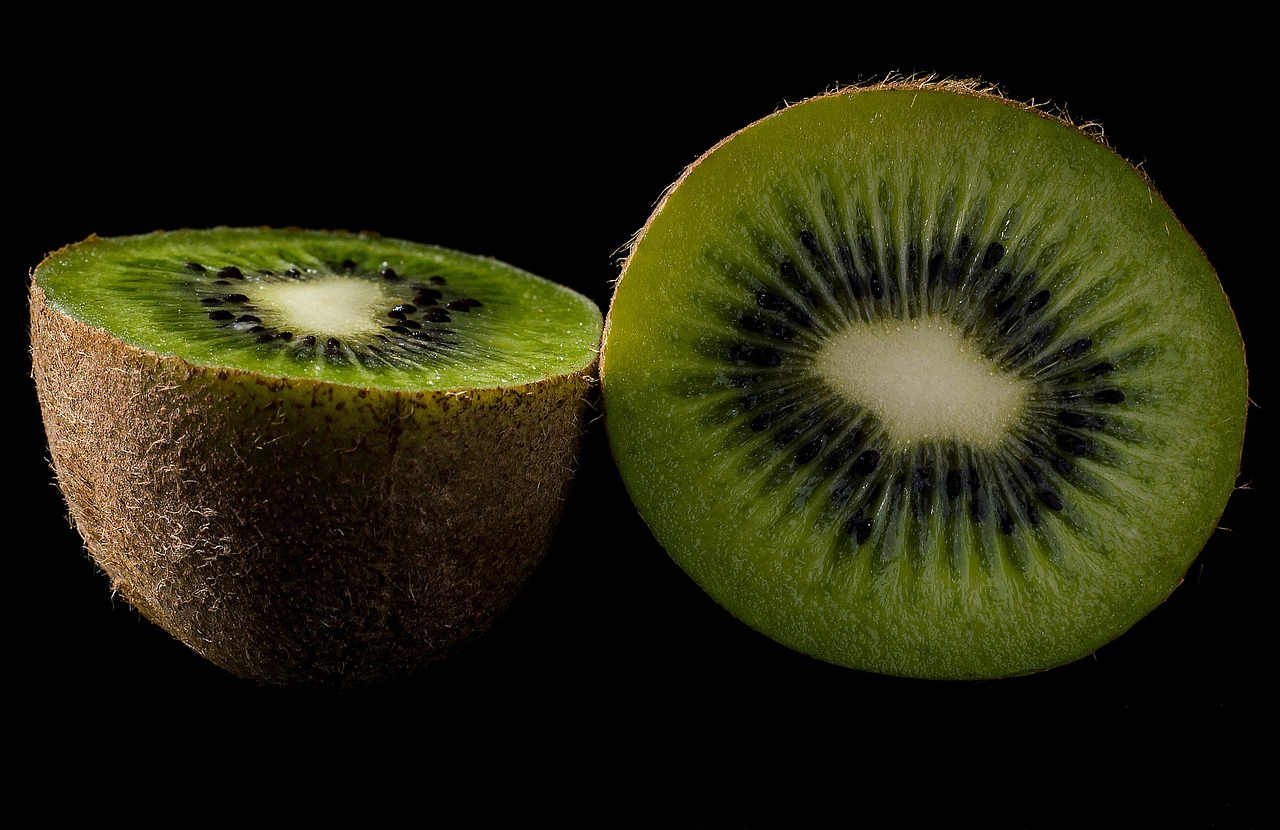“`html
Protein intake is a crucial aspect of a healthy diet that often transcends trends and fads in nutrition. With an endless stream of information about macronutrients, it is vital to understand the significance of protein, its benefits, recommended daily intake, sources, and its role in various diets. Whether you’re an athlete aiming for muscle gain, a busy professional looking to maintain energy, or someone seeking to live a healthier life, knowing about protein intake can profoundly affect your overall well-being.
Understanding Protein: The Building Block of Life
What is Protein?
Protein is one of the three macronutrients necessary for the body, along with carbohydrates and fats. It is primarily composed of amino acids, which are vital for various bodily functions. There are 20 different amino acids, nine of which are essential, meaning the body cannot produce them and they must be obtained through diet.
Importance of Protein
- Muscle Growth: Essential for repairing and building muscle tissue.
- Immune Function: Supports the production of antibodies, making the body more resilient against diseases.
- Enzyme Production: Proteins act as enzymes that facilitate biochemical reactions.
- Hormonal Balance: Many hormones, including insulin, are proteins that regulate numerous bodily functions.
Recommended Daily Protein Intake
How Much Protein Do You Need?
Protein requirements can vary based on factors like age, sex, physical activity level, and overall health. Here are some general guidelines:
- **Sedentary Adults:** 0.8 grams of protein per kilogram of body weight.
- **Active Adults:** 1.2 to 2.0 grams per kilogram, varying by the intensity of the activity.
- **Older Adults:** 1.0 to 1.2 grams of protein to maintain muscle mass and strength.
- **Athletes:** 1.2 to 2.0 grams, depending on the type of sport and training.
For example, a 70 kg (154 lbs) athlete might require between 84 to 140 grams of protein daily.
Signs of Insufficient Protein Intake
Understanding the signs that you might not be getting enough protein can help you adjust your diet:
- Muscle weakness
- Persistent hunger or cravings
- Frequent illness or longer recovery times
- Persistent fatigue or low energy
Sources of Protein
Animal-Based Sources
Animal products are often considered complete proteins because they contain all the essential amino acids. Some excellent sources include:
- Chicken and turkey
- Beef and pork
- Fish and seafood
- Eggs
- Dairy products (milk, yogurt, cheese)
Plant-Based Sources
Plant-based diets can also provide adequate protein through various sources:
- Lentils and beans
- Chickpeas and quinoa
- Nuts and seeds (almonds, chia seeds)
- Soy products (tofu, tempeh, edamame)
Combining different plant sources can help achieve complete protein profiles, like pairing rice and beans.
Protein Intake in Various Diets
High-Protein Diets
High-protein diets like ketogenic or paleo can provide numerous benefits, including:
- **Weight Management:** Protein is satiating, which can curb hunger and aid in weight loss.
- **Muscle Preservation:** High protein helps maintain muscle during weight loss.
- **Improved Metabolism:** A higher protein intake can increase calorie burning through the thermic effect of food.
Vegetarian and Vegan Diets
For those following vegetarian or vegan lifestyles, meeting protein requirements is achievable with thoughtful choices. Here are some tips:
- Incorporate a variety of legumes.
- Include high-protein grains like quinoa and farro.
- Utilize plant-based protein powders in smoothies or baked goods.
- Experiment with meat substitutes that are rich in protein.
Timing and Distribution of Protein Intake
When Should You Consume Protein?
The timing of protein intake can enhance its effectiveness, particularly for those engaged in rigorous activity:
- **Pre-Workout:** Consuming protein before a workout can provide immediate energy sources for muscles.
- **Post-Workout:** It’s crucial for muscle recovery; aim for a protein-rich meal or shake within 30 minutes after exercise.
- **Throughout the Day:** Distributing protein intake across all meals can optimize muscle protein synthesis.
Practical Tips for Enhancing Protein Intake
Here are some actionable takeaways to maximize protein intake:
- Add a protein-rich snack between meals, like Greek yogurt or a protein bar.
- Substitute traditional ingredients with high-protein alternatives (e.g., use Greek yogurt instead of sour cream).
- Invest in protein powder for an easy add-in for smoothies or oatmeal.
Conclusion
Understanding protein intake plays a pivotal role in maintaining health, improving physical performance, and enhancing overall well-being. By familiarizing yourself with your protein needs, choosing high-quality protein sources, and timing your intake effectively, you can optimize your nutrition strategy. Whether you’re trying to build muscle, lose weight, or simply lead a healthier lifestyle, focusing on your protein intake can lead to significant improvements in your health and physical capabilities.
“`



